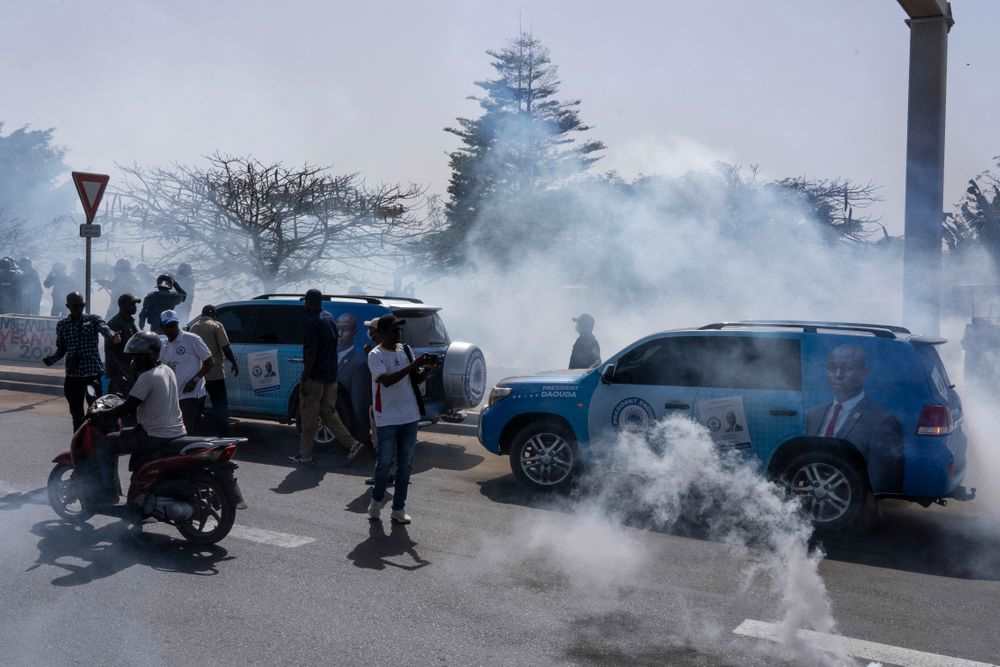Senegal’s parliament has approved a delay to the presidential election until December 15, following a tumultuous vote marred by the forceful removal of opposition lawmakers from the chamber during discussions on President Macky Sall’s decision to postpone the crucial election.
President Sall announced the postponement of the election, originally scheduled for February 25, on Saturday, plunging the West African nation into uncharted constitutional territory and sparking violent protests. The delay received parliamentary approval late on Monday, with 105 out of 165 MPs voting in favour of the measure. This decision extends Sall’s tenure until his successor is inaugurated.
Initially, the bill proposed an election date of August 25, but the move to further delay the poll is likely to heighten tensions and risk further unrest. President Sall, who has served the maximum two terms, was originally slated to leave office on April 2.
While President Sall has affirmed that he has no intentions of extending his term, protesters remain sceptical. Demonstrators, such as 37-year-old Malick Diouf, expressed concerns over what they perceive as a political manoeuvre to maintain power.
Opposition leaders have condemned the proposed delay as a “constitutional coup” and an assault on democracy. Tensions within parliament ran high, with reports of shoving and pushing among deputies, leading to a temporary recess.
Human Rights Watch cautioned that Senegal’s democratic reputation is at risk, urging authorities to address the escalating violence and respect fundamental freedoms.
The crisis has raised fears of violent unrest similar to incidents in March 2021 and June 2023, which resulted in numerous casualties and arrests.
President Sall attributed the election delay to disputes over the candidate list and alleged corruption within the constitutional body responsible for handling the list.
The opposition Senegalese Democratic Party (PDS), whose candidate was disqualified due to dual nationality issues, supported the delay and proposed the postponement bill in parliament prior to Sall’s announcement.
However, the delay has faced staunch opposition from other opposition and civil society groups, who view it as an attempt by Sall to prolong his tenure.
Senegal’s reputation as a democratic stronghold in an unstable region now hangs in the balance as protesters clash with police, and political tensions escalate both within and outside parliament.
With Senegal’s democratic credentials under scrutiny, the country faces a critical test of its electoral integrity and judicial independence. The delay has sparked concerns about potential erosion of civil liberties and risks plunging the country into further political turmoil.
As pressure mounts from regional and international actors for a swift resolution, all eyes are on Senegal’s leadership and its ability to navigate this unprecedented constitutional crisis.
Image Credit: AP Photo/Stefan Kleinowitz





